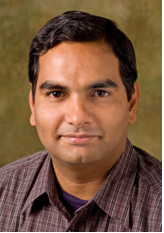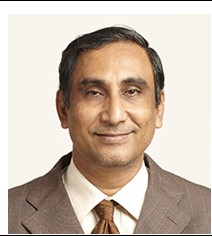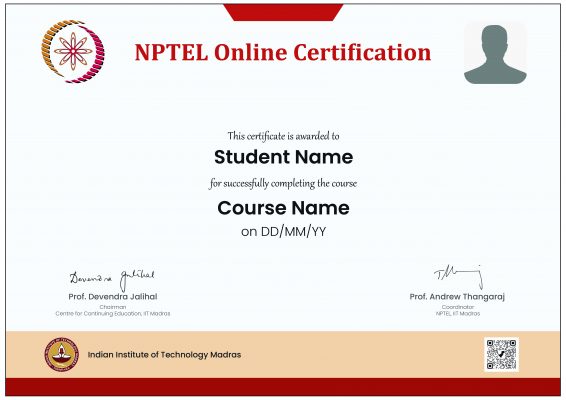Description
LEARNING OBJECTIVES
- Introduce R as a programming language
- Introduce the mathematical foundations required for data science
- Introduce the first level data science algorithms
- Introduce a data analytics problem solving framework
- Introduce a practical capstone case study
LEARNING OUTCOMES
- Describe a flow process for data science problems (Remembering)
- Classify data science problems into standard typology (Comprehension)
- Develop R codes for data science solutions (Application)
- Correlate results to the solution approach followed (Analysis)
- Assess the solution approach (Evaluation)
- Construct use cases to validate approach and identify modifications required (Creating)
INTENDED AUDIENCE
PREREQUISITES
ABOUT THE INSTRUCTOR

Prior to joining IIT Madras as a professor, Prof.Rengaswamy was a professor of Chemical Engineering and Co-Director of the Process Control and Optimization Consortium at Texas Tech University, Lubbock, USA. He was also a professor and associate professor at Clarkson University, USA and an assistant professor at IIT Bombay. His major research interests are in the areas of fault detection and diagnosis and development of data science algorithms for manufacturing industries.

Prof.Shankar Narasimhan is currently a professor in the department of Chemical Engineering at IIT Madras. His major research interests are in the areas of data mining, process design and optimization, fault detection and diagnosis and fault tolerant control. He has co-authored several important papers and a book titled Data Reconciliation and Gross Error Detection: An Intelligent Use of Process Data which has received critical appreciation in India and abroad.



Reviews
There are no reviews yet.